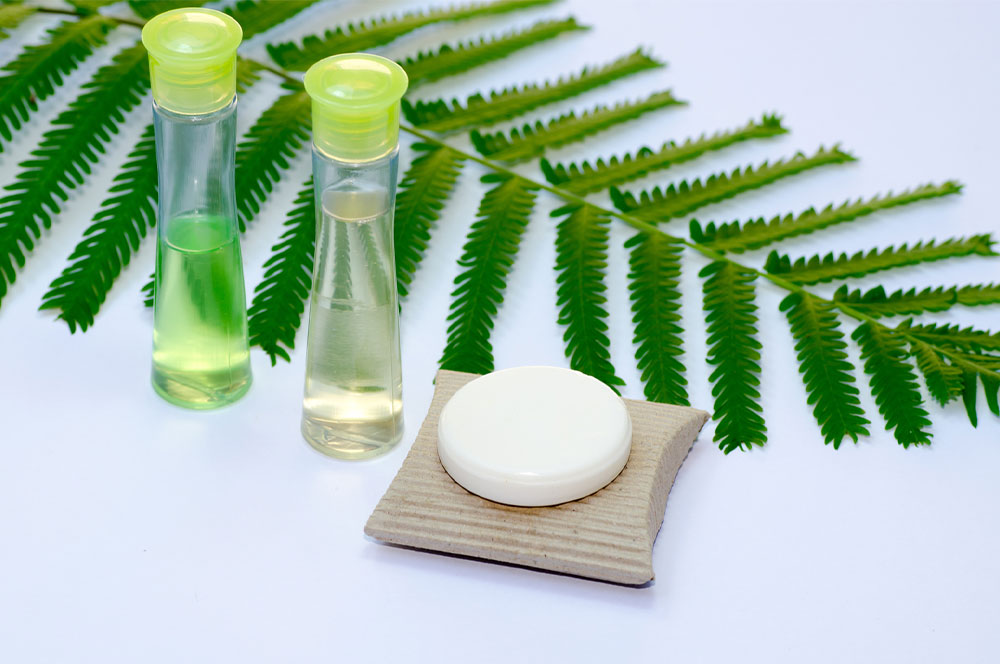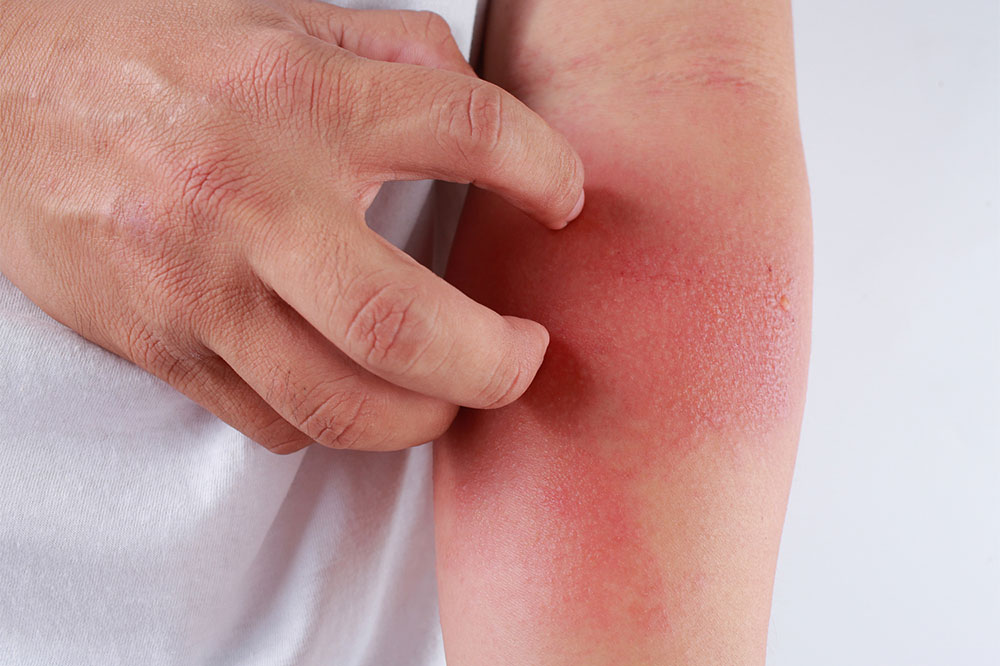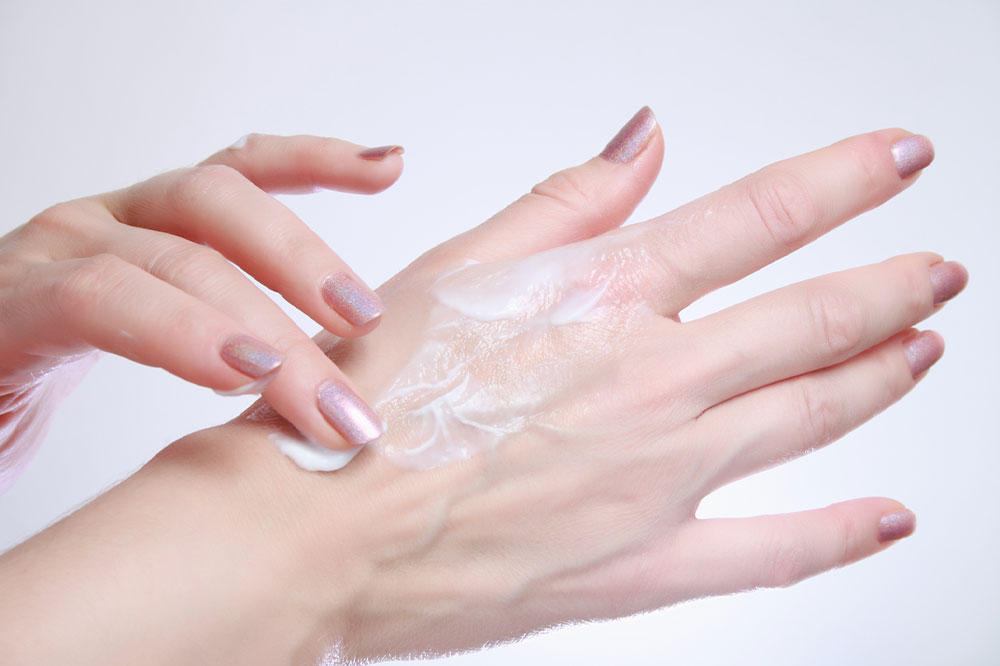Avoid These Soap Ingredients to Prevent Eczema Flare-Ups
This article highlights common soap ingredients that can trigger eczema flare-ups. It emphasizes avoiding harsh substances like SLS, artificial fragrances, coconut diethanolamide, parabens, and Balsam of Peru. Learning to identify and prevent exposure to these allergens can help manage eczema symptoms effectively and maintain healthier skin with proper product choices.
Sponsored

Precautions for Eczema: Ingredients in Soap That Should Be Avoided
Eczema sufferers often face unpredictable flare-ups and uncomfortable symptoms. Skin inflammation causes pain and irritation. One key factor that can worsen eczema is the use of harsh soap ingredients. To protect sensitive skin, always read product labels carefully and steer clear of these known triggers. These substances can provoke allergic reactions and irritate the skin. Learn more about these harmful ingredients to maintain healthier skin.
Sodium Lauryl Sulfate
Commonly found in cleansers and shampoos, SLS effectively removes oils and dirt. However, it strips the skin's natural oils, leading to dryness, flakiness, and increased vulnerability to allergens.
Artificial Fragrances
Soaps containing added fragrances should be avoided, as these can trigger eczema flare-ups. Fragrances are composed of various chemicals like esters, aldehydes, amines, and ketones, often kept secret by manufacturers, making it difficult to identify the exact ingredients.
Coconut Diethanolamide
Used to break down oils, coconut diethanolamide may cause allergic reactions after prolonged use. It appears under names like coconut oil acid, ninol, witcamide, calamide, and cocamide DEA. Although eating coconut is generally safe, this skin-related compound can cause irritation in eczema-prone skin.
Parabens
These preservatives are found in many personal care products like soaps, shampoos, and deodorants. Some studies link parabens to skin sensitivities, leading to reduced use or bans in certain formulations.
Balsam of Peru
Also called Myroxylon, Balsam of Peru acts as a binding agent in soaps and other products. It contains cinnamein, an allergen that can cause skin reactions. It is also present in medications and foods like calamine lotion, cola, and cough syrups, which may affect sensitive skin.






